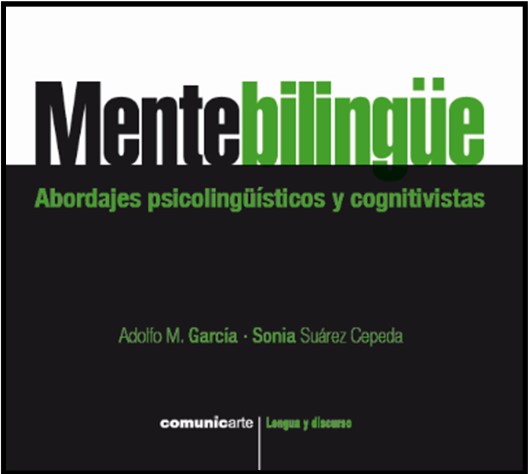García, A. M., Manoiloff, L. & Wagner, M. (2016)
En A. M. García y S. Suárez Cepeda (eds.), Mente bilingüe: abordajes psicolingüísticos y cognitivistas (pp. 17-49). Córdoba: Comunicarte. ISBN: 978-987-602-330-6.


García, A. M., Manoiloff, L. & Wagner, M. (2016)
En A. M. García y S. Suárez Cepeda (eds.), Mente bilingüe: abordajes psicolingüísticos y cognitivistas (pp. 17-49). Córdoba: Comunicarte. ISBN: 978-987-602-330-6.
The psycholinguistic and cognitive research of bilingualism is key to the development of language sciences in the 21st century. In order to promote the rapprochement of the neophyte, this chapter presents the main theoretical and methodological rudiments of the field. First, sociodemographic data are summarized that demonstrate the importance of the study of bilingual populations. We then discuss multiple conceptions of the phenomenon of bilingualism and identify the main criteria that influence its internal classification. The problem of evaluating bilingual competence is discussed below. First, we list the critical variables associated with the construct. Second, we characterize the subjective and objective measures most used to determine the relative abilities in each language. Finally, the challenges of studying the factors that characterize bilingualism and selecting tools to determine their linguistic proficiency (s) in a valid and reliable manner are considered.